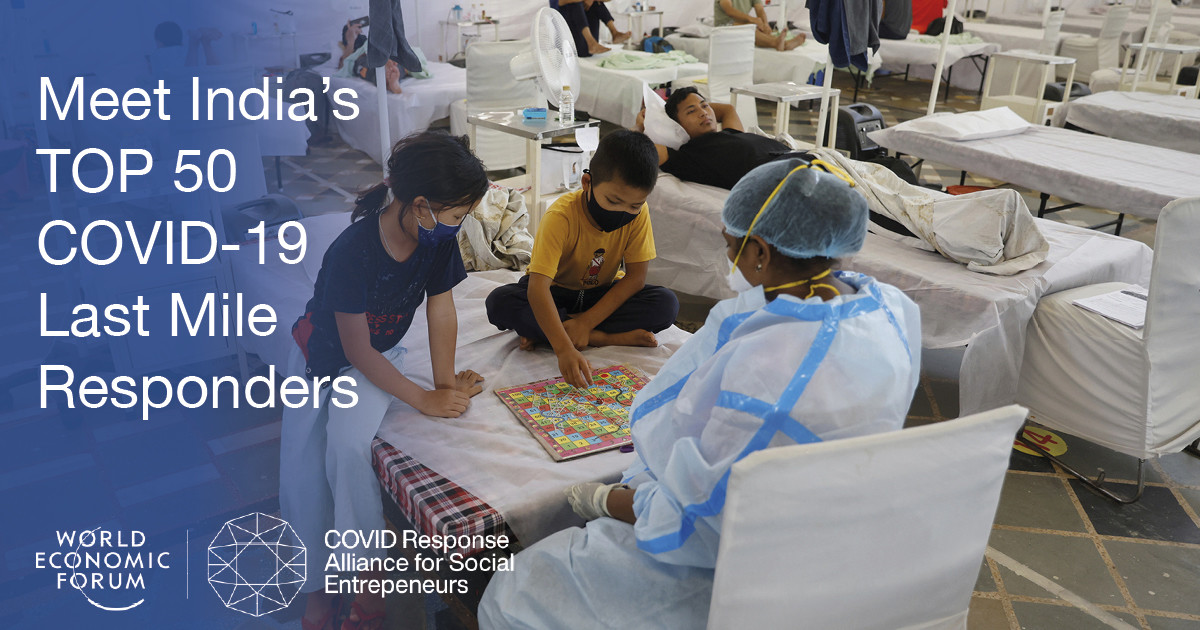COVID-19: What you need to know about the coronavirus pandemic on 8 November

COVID-19 restrictions remain in place for millions around the world. Image: REUTERS/Evgenia Novozhenina

Explore and monitor how COVID-19 is affecting economies, industries and global issues

Get involved with our crowdsourced digital platform to deliver impact at scale
Stay up to date:
COVID-19
- This daily news round-up brings you a selection of the latest news and updates on the COVID-19 coronavirus pandemic, as well as tips and tools to help you stay informed and protected.
- Top stories: UK to roll out COVID-19 antiviral drug trial; US COVID-19 travel restrictions eased from today; New COVID-19 curbs in Greece.
1. How COVID-19 is affecting the globe
Confirmed cases of COVID-19 have passed 249.8 million globally, according to Johns Hopkins University. The number of confirmed deaths has now passed 5.04 million. More than 7.25 billion vaccination doses have been administered globally, according to Our World in Data.
Australia has begun administering boost shots of the Pfizer/BioNTech COVID-19 vaccine as restrictions were further eased in Sydney.
New Zealand is set to ease COVID-19 restrictions in Auckland, with lockdown measures likely phased out by the end of the month, Prime Minister Jacinda Ardern said.
Indonesia will begin to give COVID-19 booster shots to the general public once 50% of the population has been fully vaccinated, its health minister has said. It's expected that the 50% mark will be hit at the end of next month.
South Korea has agreed to buy 70,000 courses of Pfizer's experimental antiviral COVID-19 pill, the Korea Disease Control and Prevention Agency said on Saturday.
Costa Rican children aged 5 and older must get COVID-19 vaccinations, according to a new health ministry mandate.
Authorities in Greece have announced new measures that restrict access to cafes and restaurants, state services, banks and shops to those who are either vaccinated or have a negative test. It comes as new COVID-19 cases have hit a new daily high almost every day in November.
Japan recorded no daily deaths from COVID-19 for the first time in more than a year on Sunday, according to local media

2. UK to roll out COVID-19 antiviral drug trial
The UK will start to roll out Merck's molnupiravir COVID-19 antiviral pill through a drug trial later this month, Susan Hopkins, Chief Medical Adviser at the UK Health Security Agency said on Sunday.
It comes as the UK last week became the first country in the world to approve the pill, with the government announcing in October that it had secured 480,000 courses of the Merck drug, with another 250,000 courses of a Pfizer antiviral pill also ordered.
Asked about the molnupiravir approval, Hopkins told BBC television: "That is great news and it will start to be rolled out through a drug trial in the end of this month/the beginning of December."
Hopkins said all the trials so far had been done with the unvaccinated, so this would help understand how it will work in the wider vaccinated population.
"The new Pfizer drug is probably not going to be licensed until the new year some time," she added. "It is still likely to be a couple of months away."
India’s leading COVID-19 last-mile responders
3. Delays expected as US COVID-19 travel restrictions ease
The US is preparing for long queues and delays today when travel restrictions are eased today, a senior official told Reuters on Friday.
President Joe Biden's administration "expects pent-up demand for travel, which means longer than normal wait times for travellers," the official said. The government was boosting staffing to pre-pandemic levels but "long lines are expected in the initial days".
The US is lifting travel restrictions for fully vaccinated air travellers from 33 countries and at its land borders with Mexico and Canada. The restrictions, put in place in early 2020 during the pandemic, barred most non-US citizens who within the last 14 days had been in any of the 33 counties.
Don't miss any update on this topic
Create a free account and access your personalized content collection with our latest publications and analyses.
License and Republishing
World Economic Forum articles may be republished in accordance with the Creative Commons Attribution-NonCommercial-NoDerivatives 4.0 International Public License, and in accordance with our Terms of Use.
The views expressed in this article are those of the author alone and not the World Economic Forum.
The Agenda Weekly
A weekly update of the most important issues driving the global agenda
You can unsubscribe at any time using the link in our emails. For more details, review our privacy policy.
More on Health and Healthcare SystemsSee all
Katherine Klemperer and Anthony McDonnell
April 25, 2024
Vincenzo Ventricelli
April 25, 2024
Shyam Bishen
April 24, 2024
Shyam Bishen and Annika Green
April 22, 2024
Johnny Wood
April 17, 2024






